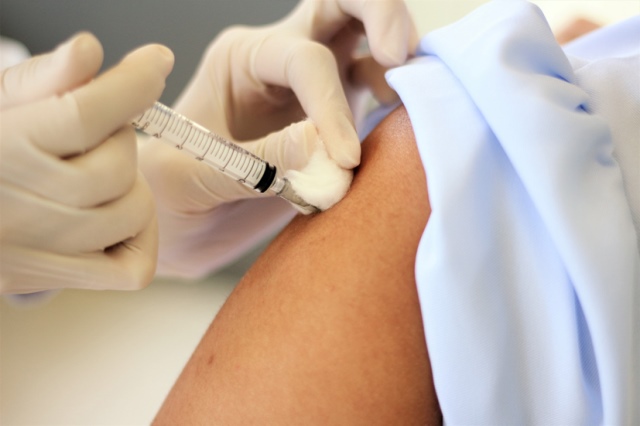Tonix Pharmaceuticals, a clinical-stage biopharmaceutical company, has announced an exclusive option agreement and research collaboration with Kansas State University (K-State) to develop zinc nanoparticle (ZNP) mRNA vaccines that replace the lipid-nanoparticle (LNP) technology in current COVID-19 vaccines.
The new ZNP technology has the potential to confer increased stability to mRNA vaccines over a wide range of temperature. The temperature-sensitive nature of LNP mRNA formulations restricts vaccine shipping and storage to ultralow temperatures which limits rapid global deployment.
Under the research agreement, K-State will advance preclinical development of a new ZNP mRNA vaccine to protect against COVID-19 based on the spike protein from SARS-CoV-2.
“The Pfizer-BioNTech and Moderna vaccines against COVID-19 have shown that mRNA technology is rapidly deployable and is likely to be one of the first lines of defense for future pandemics,” said Seth Lederman, M.D., Chief Executive Officer of Tonix Pharmaceuticals.
“The ZNP technology invented and developed by scientists at K-State has the potential to make mRNA vaccines that are free from LNPs, which we believe has the potential to improve the stability of mRNA vaccines at room temperature and facilitate their deployment in places without ultra-cold chain supply systems. We have now learned that pandemics need to be controlled globally.”
Robert K. DeLong, Ph.D., associate professor in the Nanotechnology Innovation Center of Kansas State within the Department of Anatomy and Physiology and inventor of the core technology said: “The LNP technology of current mRNA COVID-19 vaccines limits our ability to deploy these vaccines in many parts of the world.
“The technology we have developed uses zinc to replace LNPs and has the potential to result in more temperature stable mRNA vaccines. Unlike LNPs, the ZNPs are believed to be stable over a range of temperatures including room temperature. Eliminating the need for LNPs in mRNA vaccines could speed deployment of new vaccines and make them more available globally.”
The COVID-19 vaccine research under the research agreement will be directed by Dr. DeLong together with his colleagues, Dr. Waithaka Mwangi, Kansas State University, Department of Diagnostic Medicine/Pathobiology, and Dr. Juergen Richt, Director of the Center of Excellence for Emerging and Zoonotic Animal Diseases (CEEZAD) and Director of the NIH COBRE Center on Emerging and Zoonotic Infectious Diseases (CEZID) at Kansas State University.
Dr. Mwangi said: “Our goal in utilizing a new mRNA formulation technology is to vaccinate people all over the world to save lives globally and reduce the emergence of variants of COVID-19 that can evade vaccine immunity.”
The mRNA vaccines developed by Pfizer-BioNTech and Moderna are based on LNPs. Because of the limitations of LNP technology, these mRNA vaccines require ultra-cold storage and transport because they are unstable at room temperature or even in standard refrigerators or freezers. The new ZNP technology confers increased stability to mRNA vaccines over a wide range of temperature in model systems.
“TNX-3700 is another step in the strategic broadening of Tonix’s portfolio of vaccine platforms and vaccines,” added Dr. Lederman. “We expect mRNA vaccines to be one of the first line platforms to deploy against new pandemics as envisioned in the American Pandemic Preparedness Plan, or AP3.
“The rapid ability to deploy mRNA vaccines will remain an advantage, even as second-generation vaccines, such as live virus vaccines, are developed with potentially longer duration of immune protection and the ability to protect against forward transmission.”


